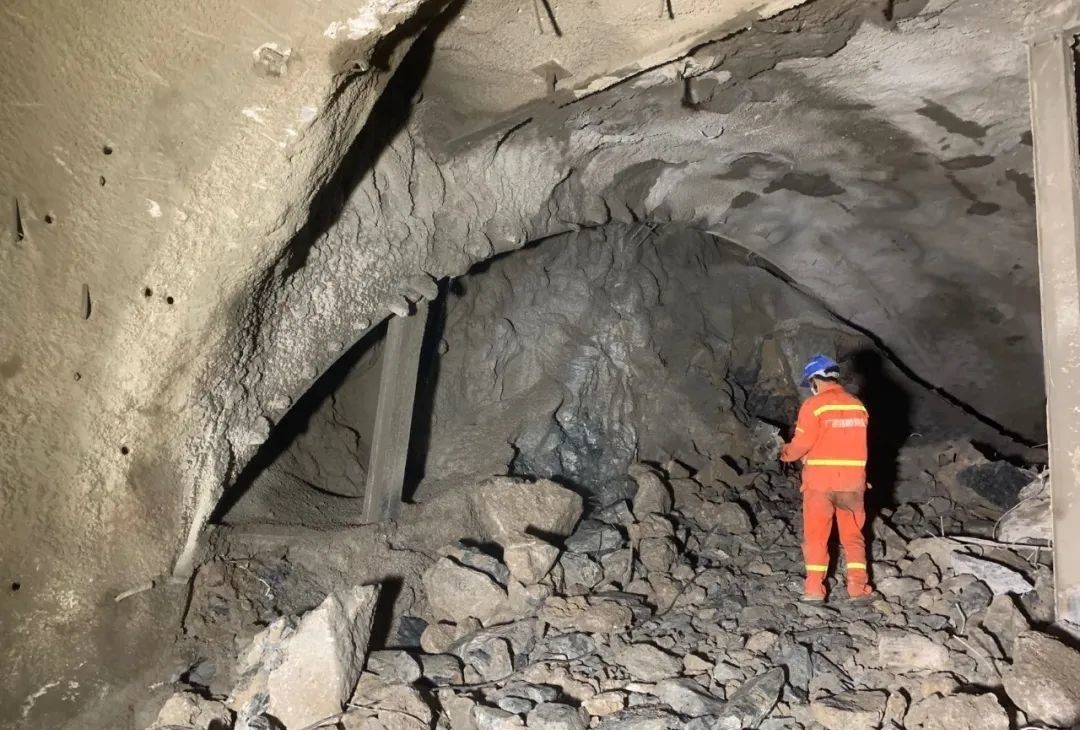When tunnel construction is carried out in soft rock areas, special techniques and materials are required to ensure construction safety and long-term stability of the tunnel due to the low strength, high compressibility, and easy deformation of the rock. Here are some commonly used techniques and materials:

Technologies required for tunnel construction in soft rock areas:
1. Shotcrete support: The use of Shotcrete technology can quickly provide temporary support structures to prevent rock loosening and collapse. Shocked concrete can be directly sprayed onto the tunnel wall to form a continuous and uniform support layer.
2. Steel arch support: In soft rock, steel arch support is a common way of support, which can provide immediate structural support and be combined with sprayed concrete to increase overall stability.
3. Anchor rods and cables: By installing anchor rods or cables in the surrounding rock, the rock can be fixed together, improving the overall bearing capacity of the surrounding rock. These anchor rods or cables are typically used in conjunction with shotcrete and steel arches.
4. Freezing method: In extreme soft rock environments, such as clay and sand with extremely high moisture content, the freezing method can be used to temporarily freeze the formation, forming a sturdy shell for tunnel construction.
5. Grouting reinforcement: By injecting cement slurry or other types of chemical slurry into the surrounding rock, cracks and pores can be filled, improving the strength and stability of the rock.
6. Step by step excavation method: Using step by step excavation techniques such as the New Austrian Tunneling Method (NATM), the excavation and support steps can be flexibly adjusted according to the conditions of the surrounding rock to maintain the stability of the tunnel.
Materials required for tunnel construction in soft rock areas:
1. High performance shotcrete: Using shotcrete with high early strength and high fluidity can provide sufficient support strength in a short period of time.
2. High strength steel: Steel used for manufacturing steel arches and anchor rods needs to have high strength and good toughness to withstand stress and deformation in soft rock.
3. Rapid setting cement slurry: The cement slurry used for grouting reinforcement needs to have the characteristic of rapid setting in order to quickly improve the strength of the surrounding rock.
4. Chemical grouting materials: In addition to traditional cement slurry, various chemical grouting materials such as epoxy resin, polyurethane, etc. can also be used, which can better penetrate small cracks and provide effective reinforcement effects.
5. Anti leakage materials: Waterproofing and anti-seepage are important considerations in the construction of soft rock tunnels. Various anti-seepage membranes, coatings, and sealants can be used to prevent groundwater infiltration.
When carrying out tunnel construction in soft rock areas, engineers need to choose the most suitable combination of technology and materials based on specific geological conditions, construction equipment, and budget factors. At the same time, it is necessary to closely monitor the deformation and stress changes of the surrounding rock, adjust the construction plan in a timely manner, and ensure construction safety and long-term stability of the tunnel.
